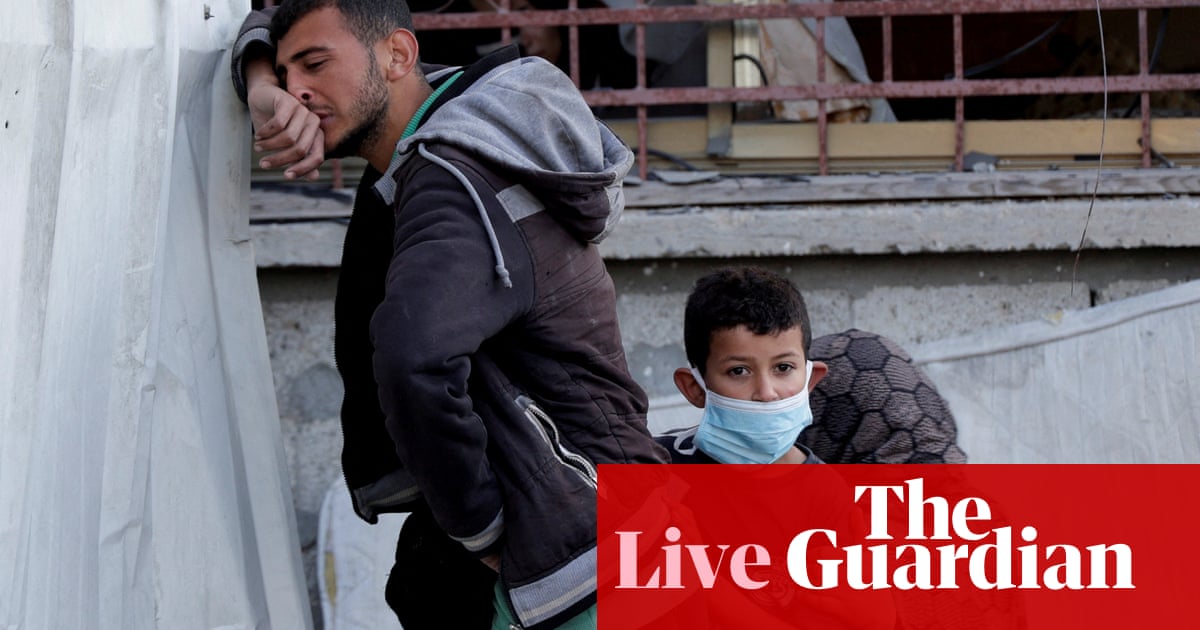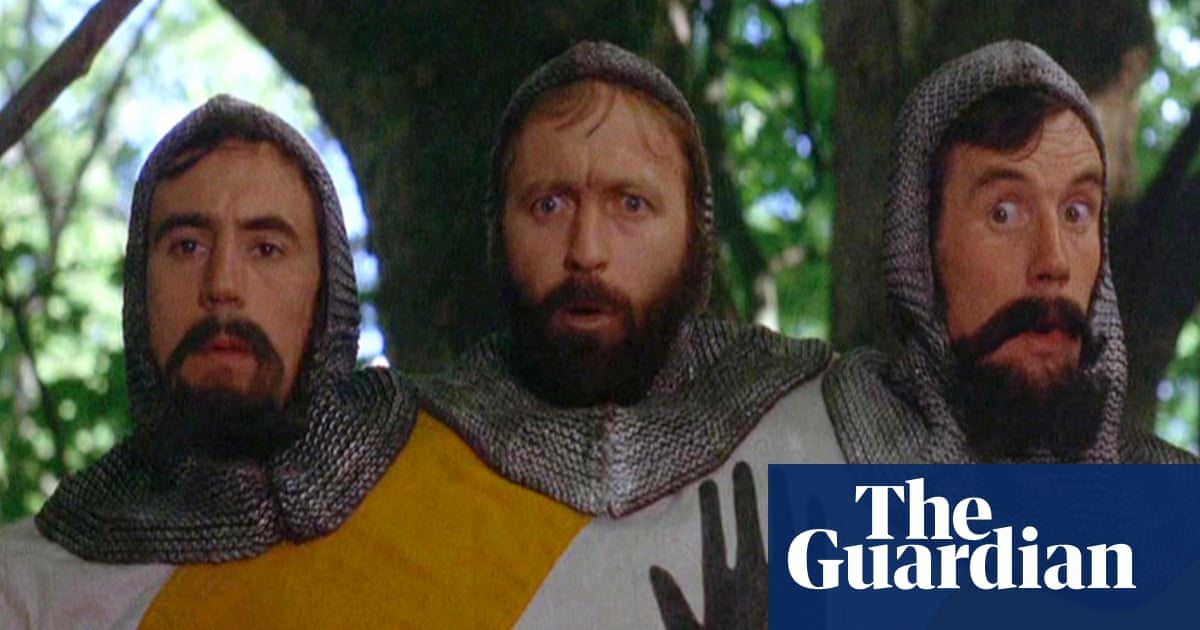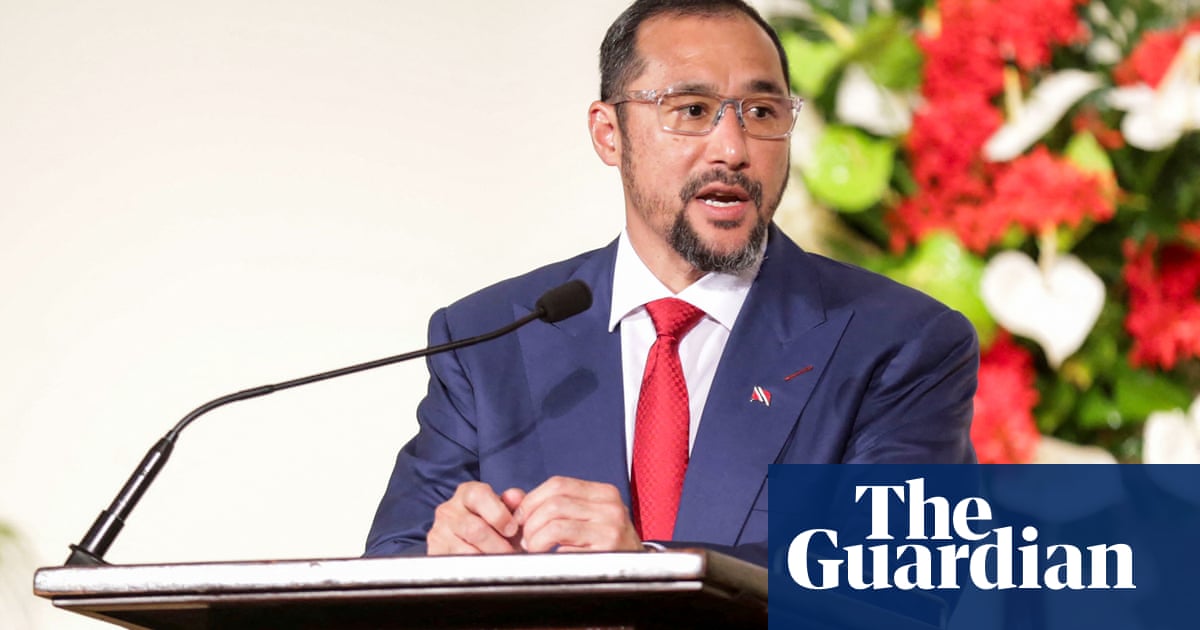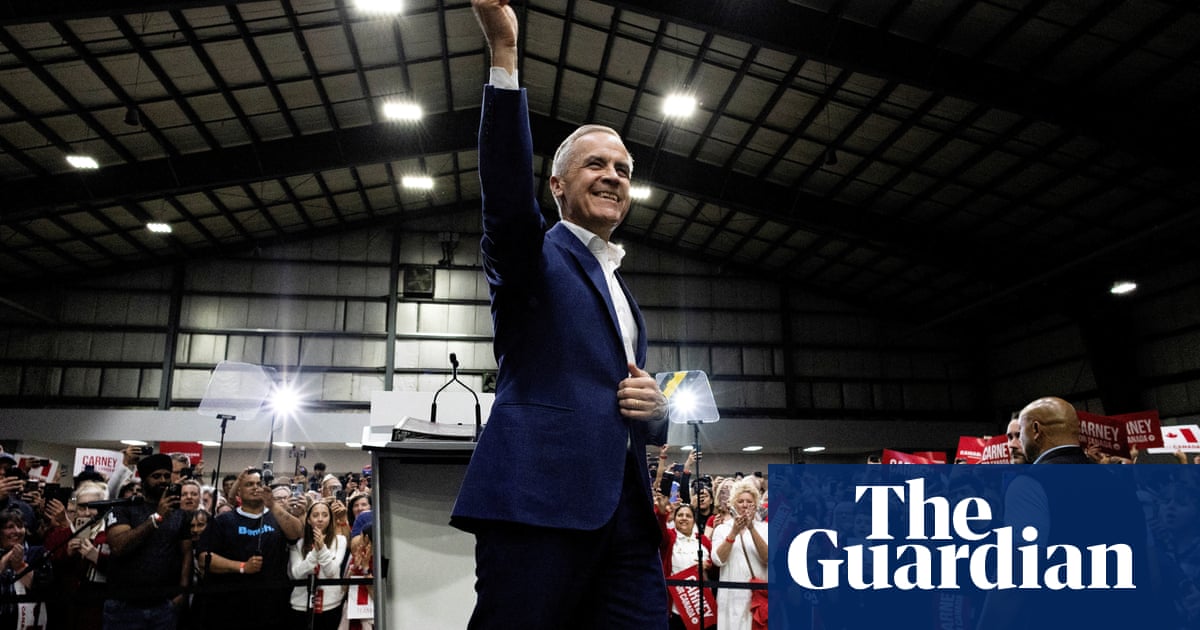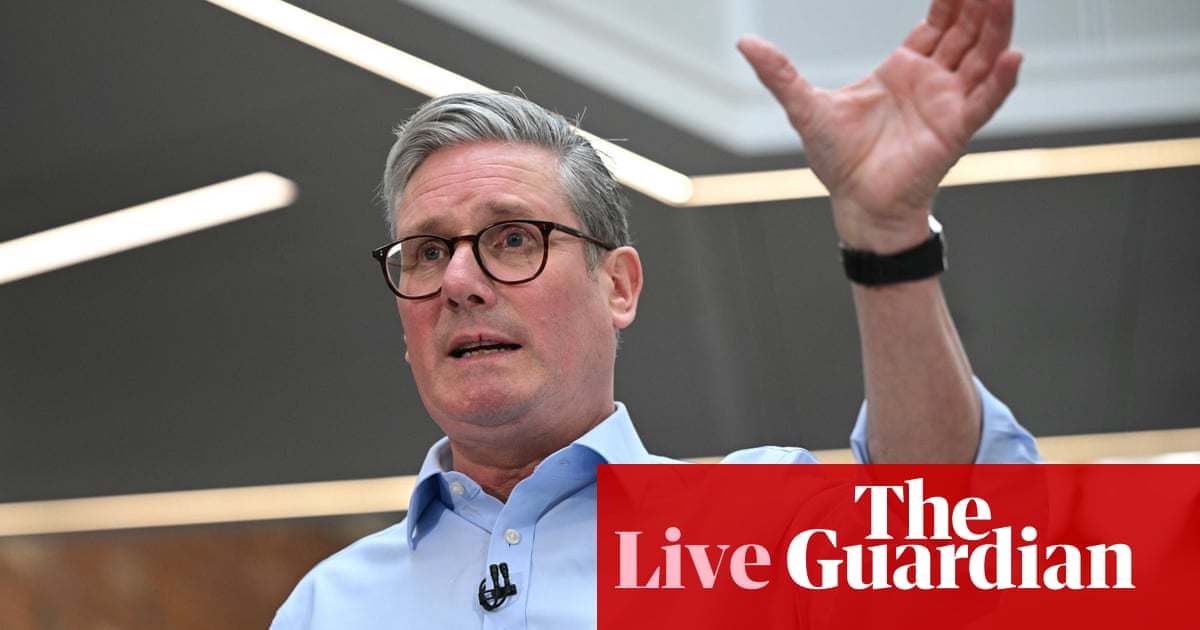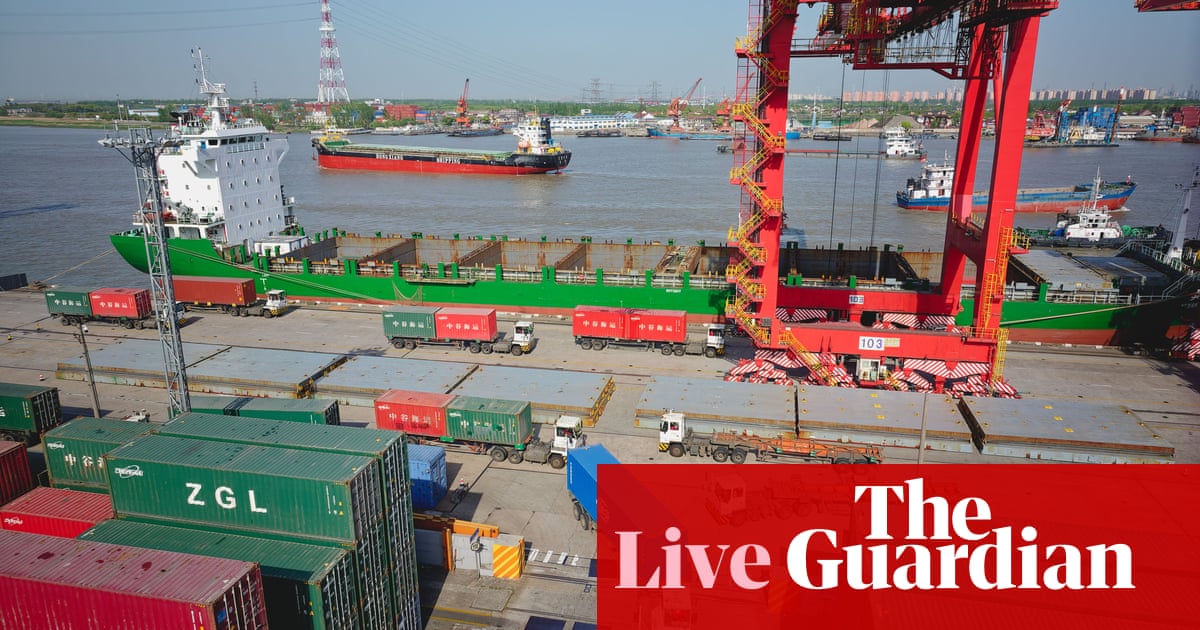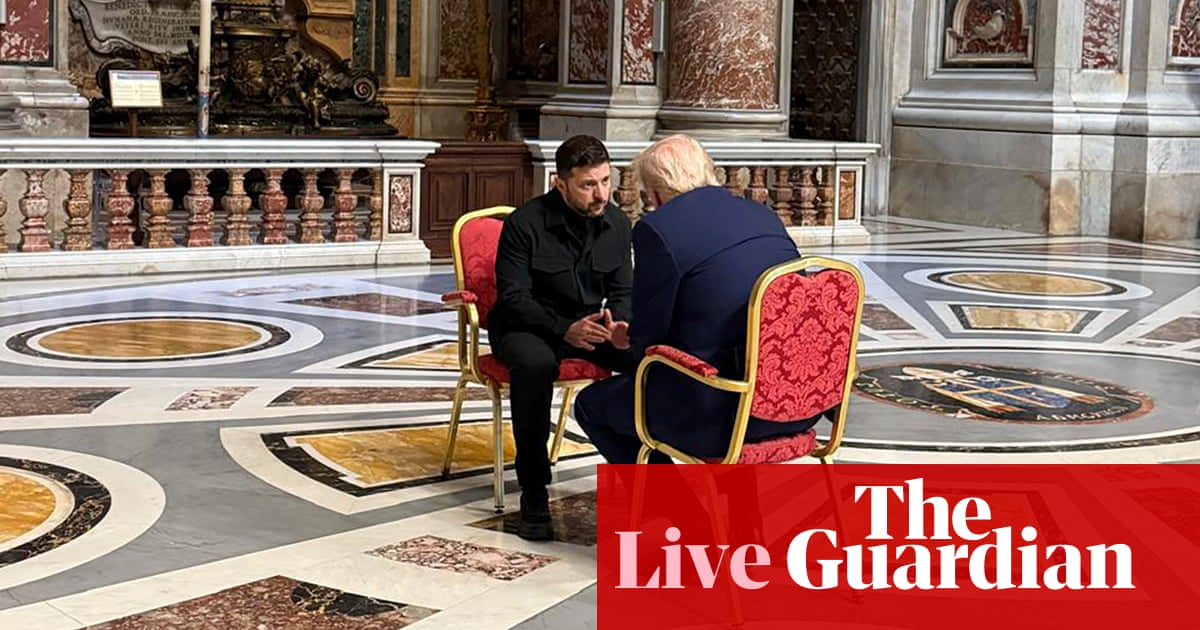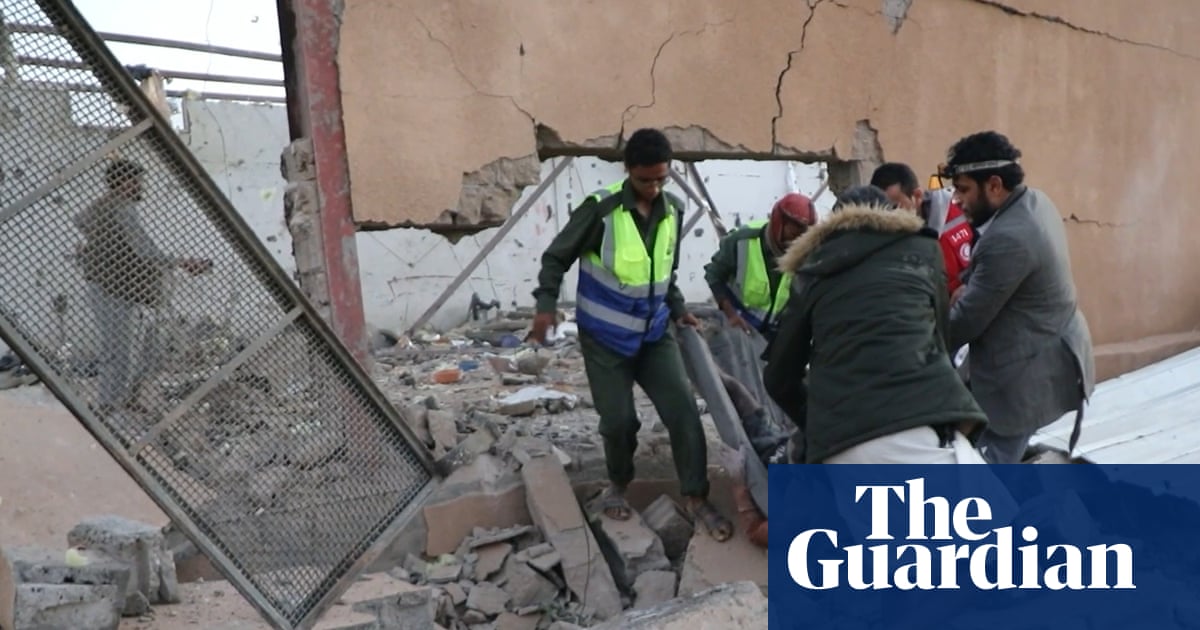Donald Trump’s return to the White House has prompted a shift away from ties with America by European political leaders and a rapid increase in defence spending as the continent’s security reaches a “turning point”. The ripples from Europe’s newfound desire for self-reliance could go even further: as far as space.
Europe’s drive for more autonomy means it must also increase its invesment in space technology, according to Josef Aschbacher, director general of the European Space Agency (Esa), the intergovernmental body tasked with overseeing the space exploration ambitions of European countries including much of the EU and the UK.
“There are many domains that are seen in space as the ones where Europe will want to increase its autonomy, and it is crystal clear in a more volatile geopolitical situation the need for more autonomy is there,” Aschbacher said in an interview with the Guardian in London. “The situation is changing drastically.”
Humans are turning their eyes to the skies more than ever. The world is in the middle of a second space race, with governments – and also private companies – taking advantage of huge advances in satellites, sensors and, crucially, rockets. Analysts talk of a $1tn industry, a scale that would match today’s airline sector, with Earth observation, communications, and even tourism expected to boom. The Trump-provoked increase in military spending could add further momentum, as armed forces vie for better spying gear.
However, Aschbacher’s role as Esa boss is also to argue for continued investment in science to benefit humanity, including projects such as measuring wind speed using lasers, climate monitoring satellites, and the Euclid telescope, designed to explore the mysteries of dark matter.
For European space science, close cooperation with the US has been vital for decades. The Esa works with American counterparts on projects ranging from putting astronauts on the International Space Station to the James Webb telescope, which is peering at radiation from galaxies billions of years ago, and the Artemis programme to return people to the moon. Aschbacher, an Austrian, controls a budget worth €7.7bn (£6.4bn) this year, a large amount, but dwarfed by the $25.4bn (£19.6bn) budget of the US’s National Aeronautics and Space Administration (Nasa).
Trump’s return has raised questions over whether that cooperation will continue, as the US imposes steep cuts on Nasa.
Elon Musk adds another complication. His SpaceX has already been perhaps the biggest contributor to the revolutionary decline in launch costs thanks to its reusable Falcon 9 rockets. Yet the billionaire’s highly controversial cost-cutting mandate under Trump means he is likely to wield significant influence over US space policy, despite the obvious risk of conflicts of interest as Nasa’s key contractor. Trump’s pick for Nasa administrator, the billionaire Jared Isaacman, paid SpaceX to take him to space. Musk has criticised Artemis, preferring instead his ambition to send people to Mars.
European countries are also racing to wean themselves off SpaceX’s Starlink, a network of internet satellites in low-Earth orbit (Leo). Starlink has built by far the largest Leo constellation, giving reliable internet access in remote locations and becoming an indispensable part of Ukraine’s military communications since Russia’s 2022 invasion.

Asked about Musk’s influence, Aschbacher declined to comment on “the internal politics of the United States and who should influence these decisions”.
The Esa is continuing with its part of the planned works, building the Orion capsule to transport astronauts, Aschbacher said, adding that he is “confident that the US will keep cooperating with Europe in the Artemis programme”, including in creating a “lunar gateway” orbiting the moon.
“If changes happen and if our US partners and friends are changing their plans, of course we will be ready for plan B,” Aschbacher said. “And certainly we will reinforce our autonomy and our capacity as a consequence of it. But today is not the time to talk about plan B, because plan A is in place.”
However, the Esa is also considering tie-ups with other countries who could be part of “plan B”. Aschbacher highlighted Australia, the United Arab Emirates and India as promising partners for Europe.
SpaceX last month confirmed its dominant position when its Dragon capsule brought back four people, two of whom were stranded on the International Space Station after technical issues on rival Boeing’s Starliner craft.
after newsletter promotion
Europe was left reliant on SpaceX to launch part of its Galileo satnav system after the retirement of the Ariane 5 rocket, and the grounding of Vega C, both operated by Arianespace, co-owned by aerospace manufacturers Airbus and Safran. That amounted to a “launching crisis” that was only ended by the first flight of Arianespace’s Ariane 6 rocket last year.
The Esa is now seeking to spur more launch competitors for the next generation, with a focus on reusable rockets to emulate SpaceX’s cost reductions. One Esa-led project, the Prometheus engine, should be able to launch in “less than a handful” of years, Aschbacher said. Other European private-sector players, such as German startup Rocket Factory Augsburg, are also in the race.
If all goes to plan, they could also take off from the UK, ending the reliance on the Esa’s spaceport in French Guiana in South America. Aschbacher said the development of UK spaceports, most notably one in Shetland, would be another welcome development. The Esa, funded by 23 member states, but is not an EU organisation, meaning Brexit has not stymied the UK’s involvement, although there was a hiatus in its part in the Copernicus climate satellite programme.
The Esa’s role is to explore space peacefully, but the obvious military applications may make it easier for the agency to win increased funding from its member governments this November as they rush to rearm and fill the gap left by the US.
Yet, Aschbacher is a scientist. He studied natural sciences at the University of Innsbruck and joined the Esa in 1990, rising through the ranks to lead its Earth Observation Division. Although he acknowledged that space technologies will “play a fundamental role in order to enable many of these security requirements” for European governments, he also called for continued investment in science.
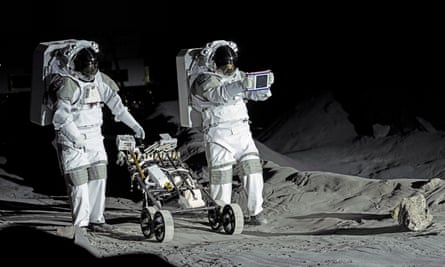
He likened space investments to those into the fundamental research that allowed scientists to develop vaccines against Covid with astonishing speed during the pandemic.
“Investments in space in Europe have to increase in order to make sure that Europe can sustain its standard of quality of life and standard of living for its people,” he said. “Science is such a strength of Europe. It’s actually the reason why economic progress and economic development can happen or happen faster.”

.png) 6 hours ago
9
6 hours ago
9

